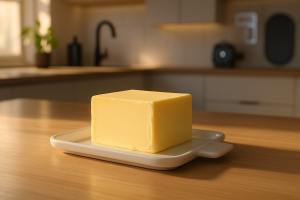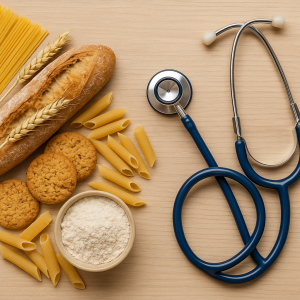 Maltitol, like other sugar alcohols, can increase bowel movements for several reasons. One reason is that it is not completely absorbed in the small intestine, so it passes into the large intestine where bacteria ferment it, producing gas, which can lead to increased bowel movements.
Maltitol, like other sugar alcohols, can increase bowel movements for several reasons. One reason is that it is not completely absorbed in the small intestine, so it passes into the large intestine where bacteria ferment it, producing gas, which can lead to increased bowel movements.
Additionally, maltitol has a mild laxative effect as it draws water into the large intestine, which can help to soften stools and make them easier to pass. In some people, consuming large amounts of sugar alcohols like maltitol can lead to digestive symptoms such as gas, bloating, and diarrhea, which can result in increased bowel movements.
However, the tolerance to sugar alcohols varies greatly among individuals, and some people may be able to consume them in large amounts without experiencing any digestive symptoms.
Article continued below
Maltitol is a type of sugar that belongs to the group of polyols. Polyols, also known as sugar alcohols, are a type of carbohydrate that are chemically similar to both sugar and alcohol. There are several different types of polyols, including:
- Erythritol
- Xylitol
- Maltitol
- Isomalt
- Lactitol
- Hydrogenated Starch Hydrolysates (HSH)
- Sorbitol
- Mannitol
Each type of polyol has its own unique properties, such as sweetness level, caloric content, and glycemic index, and they are used for different purposes in the food industry. For example, some polyols are used as low-calorie or sugar-free sweeteners, while others are used to improve texture and bulk in foods. Some polyols are also used in medicinal products, such as as sugar-free cough syrups, as they are less likely to cause tooth decay compared to other sugars.






